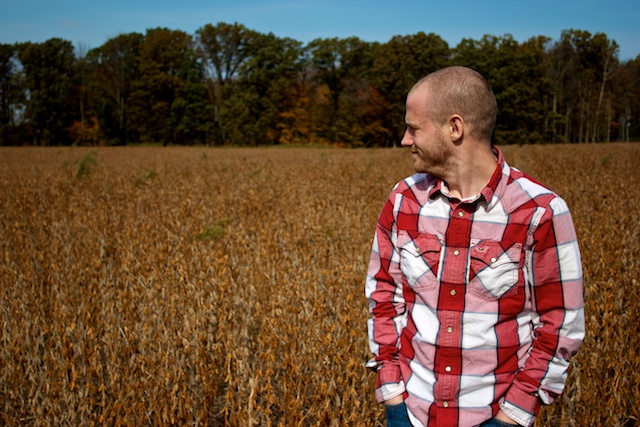The power of words is potent. The words we use mean a lot and say a lot about those using them. It’s a big stretch to say that they mean everything, because actions speak louder than words, but we are a species that communicates with words – whether spoken or written, heard or read.

This is why I am so picky (some would argue, touchy) with words. Words convey so much more than people realize until they really think about it or until words affect them in a profoundly positive or negative way. I do not suffer with (or from) CF. At some point, I may be suffering from the effects of CF, but that is an entirely different statement by the message it conveys about one’s state of mind.
A sufferer is a victim. A person suffering from the effects of a disease or disability is someone with pain or a difficulty who refuses to let that be ruler of their lives. This is why I used to be so hesitant to let people know about my CF. Not so much now, but I’m still not going around as a poster boy because I’m a husband, Christian, entrepreneur, and lover of fine books and food long before I’m a CFer.
CF doesn’t define me; it is only a semicolon in my Webster’s entry. I would be giving up too many of my personal liberties to take on the shroud of that label, and I’m simply not willing to succumb to the debasement of my personal view of myself or the view others hold of me. One day I may very well need help from people, so until that day comes, I’m going to give to others.
What words are you using? How can you change your words to change your life like that man?

I think the disease can mean so many different things to so many different people. Some people may truly feel that they are suffering from CF. I have found that the CF community does get very touchy with words. A CF parent once told me that she didn’t want her child being called a Cyster and Fibro as it is labeling. Some have said that saying “the hole” or “jail” for the hospital is too negative. I have used some of these words myself, so it’s always interesting when you find out that someone else is offended. I have stopped using those words, excet when I am referring to myself (like in my blog title), just to avoid offending. However, I have learned to take a “to each his/her own” perspective in this case. The words people use likely reflect their experiences with the disease. While I have been trying to stay away from terms that I have heard that others don’t appreciate, I do not judge the words that others use in discribing their illness.
An interesting, and (I’d say) learned view, Stacey. Well said. I, on the
other hand, question peoples’ motives for using words because I believe that
without understanding why someone said something, a wordsmith like me can’t
understand what they mean when they use words that don’t line up with my
view of things.
It happens quite often on Facebook and James and I once bailed each other
out when he “nit-picked” a phrase when he was simply asking for
clarification… the same clarification I would have asked for.
It’s always better to ask than assume, eh?
I came across a quote I jotted down sometime back (but unfortunately not the source):
“Don’t deny the diagnosis, but defy the verdict.” Love that!
Ohhh, I like that!
Finally got to a computer. Today’s post links to your 2 great posts from this week. Keep it up Jesse, you rock.
Thanks! Glad everyone liked them.